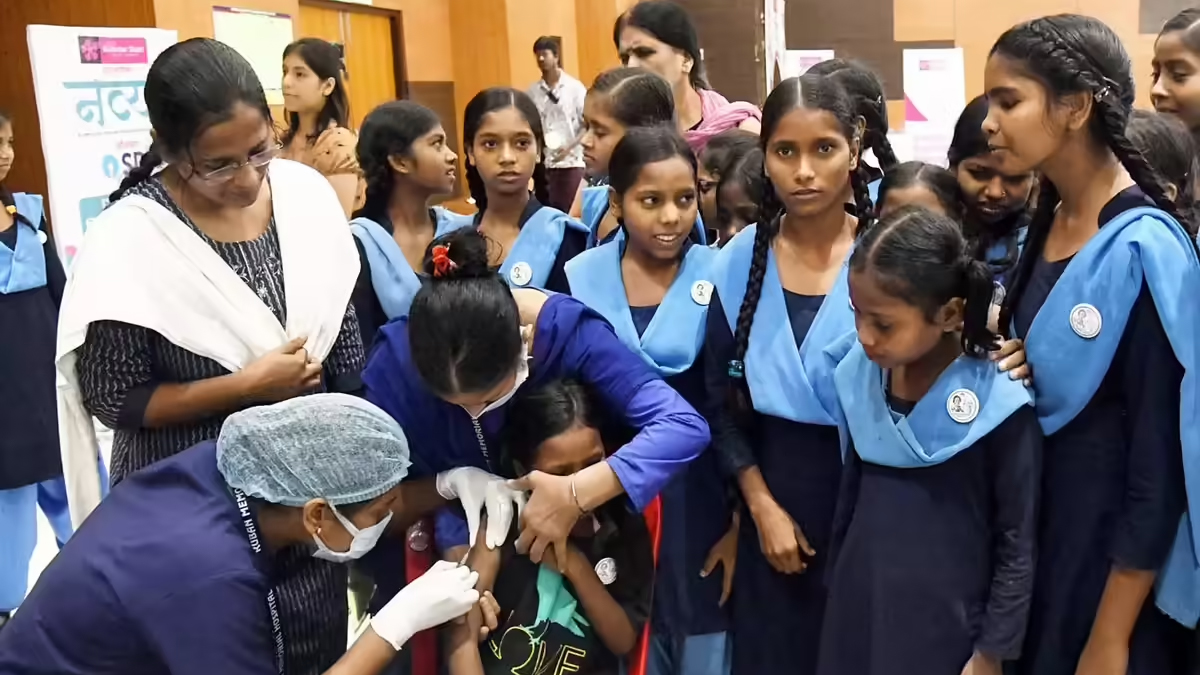Chief Minister Chandrababu Naidu stands accused of orchestrating a calculated deception by alleging a liquor scam under the previous administration, a claim critics assert is baseless. It is alleged that Naidu has directed his party’s Member of Parliament, Lavu Sri Krishna Devarayalu, to present unfounded assertions in the Lok Sabha, purportedly to divert attention from his own alleged financial improprieties during his tenure from 2014 to 2019 and continuing into the present.
Claims of Misrepresentation
The Telugu Desam Party (TDP), under Naidu’s leadership, faces accusations of fabricating a narrative surrounding an alleged liquor scam during the prior YSR Congress Party (YSRCP) government. According to a statement issued from Tadepalli, this is a deliberate attempt to obscure Naidu’s own alleged misconduct. During his administration from 2014 to 2019, it is claimed that Naidu and his associates profited through the introduction of obscure liquor brands and the extraction of illicit commissions. Presently, these practices are said to persist, with accusations leveled against the current government for deflecting scrutiny by attributing fictitious misdeeds to its predecessor.
The Tadepalli statement poses a pointed question: “Does the Chief Minister possess the resolve to address his own involvement in liquor-related dealings before the Lok Sabha?” It further alleges that Naidu has strategically utilized MP Lavu Sri Krishna Devarayalu to propagate falsehoods in Parliament, a move characterized as a premeditated political tactic.
Financial Misconduct
From 2014 to 2019, Naidu’s government is accused of having facilitated the entry of questionable liquor brands into the market, allegedly securing substantial financial gains through commissions. The Tadepalli statement queries: “Is it not factual that he introduced dubious brands and profited thereby? Does this practice not continue unabated?” Historical evidence of irregularities in the liquor trade under TDP governance has been cited, notably by the Competition Commission of India (CCI), lending credence to these allegations.
Critics assert that the current administration continues to deplete state resources through similar illicit practices, while simultaneously accusing the previous YSRCP government of a nonexistent scam. An observer remarked, “This appears to be a classic instance of misdirection to evade accountability.”
Unfulfilled Commitments
Beyond the liquor controversy, Naidu’s leadership is criticized for its failure to honor electoral promises. The Tadepalli statement contends: “The Chief Minister has made no meaningful contributions to the state’s welfare, allowing his commitments to remain unfulfilled.” Rather than prioritizing development, Naidu is accused of engaging in a sustained campaign of defamation against YSRCP leaders.
Despite the TDP’s representation of 21 MPs within the ruling coalition, the party is faulted for its inability to protect Andhra Pradesh’s interests. The statement highlights the failure to secure benefits under the Andhra Pradesh Reorganisation Act and the lack of opposition to the reduction of the Polavaram project’s height, noting: “Even with influence in the central government, no tangible benefits have been secured for the state.”
Fabrication of Evidence
The YSRCP contends that the liquor scam narrative is a meticulously constructed falsehood. Naidu is accused of coercing former officials, including the ex-Managing Director of the Andhra Pradesh Beverages Corporation, Vasudeva Reddy, into providing fabricated testimonies. Reddy, who has lodged four petitions in the High Court alleging harassment by the state’s Crime Investigation Department, is said to have been pressured into delivering a statement under Section 164 of the Code of Criminal Procedure, which is now being leveraged to support baseless charges.
The Tadepalli statement further alleges that minor officials, such as an additional superintendent in the excise department and an outsourced clerk, have been intimidated into implicating individuals at the behest of the government. It raises a provocative question: “Should this pattern persist, will the Prime Minister’s name be implicated next?”
Counterclaims of Accountability
The YSRCP asserts that Naidu, not its own administration, is the true architect of irregularities in Andhra Pradesh’s liquor trade. The statement poses a series of rhetorical inquiries: “Who is genuinely responsible for these improprieties? Does increased liquor sales generate illicit payments, or reduced sales? Does privatization of sales yield financial inducements, or does government oversight?” During Naidu’s tenure, the TDP is accused of fostering a syndicate that profited from unrestricted sales and preferential dealings with select distilleries, many of which received approvals under his administration.
In contrast, the YSRCP government under YS Jagan Mohan Reddy is credited with implementing reforms to curb such practices. These included reducing the number of liquor outlets by 33% (from 4,380 to 2,934), abolishing 4,380 permit rooms and 43,000 illegal belt shops, enforcing strict sales hours, and increasing prices to discourage consumption. Notably, no new distilleries were authorized during this period. The Tadepalli statement emphasizes: “The policy under YS Jagan prioritized transparency and public welfare over profiteering.”
Judicial Validation
Naidu’s efforts to discredit the YSRCP were undermined by a significant ruling from the CCI in September 2022, which affirmed the legitimacy of the Jagan administration’s liquor policy. The commission determined that the policy aligned with the Competition Act of 2002, countering TDP’s earlier grievances. Despite this, Naidu’s faction is accused of persisting with unfounded allegations to obscure these findings.
Conclusion
As Chief Minister Chandrababu Naidu advances his narrative of a supposed liquor scam, the citizens of Andhra Pradesh are left to ponder the veracity of these claims. With his own record in the liquor trade under scrutiny and allegations of ongoing malfeasance within his administration, Naidu’s accusations may reflect an attempt to shift blame rather than an exposition of truth. The unfolding controversy raises critical questions about accountability and governance in the state.










